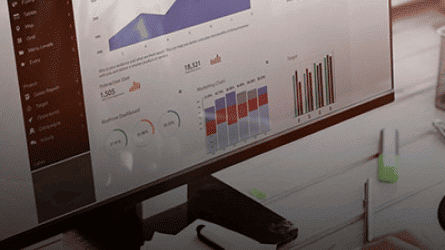While our environmental values and overarching aims are consistent across the group, we have diverse holdings and companies operating across a range of locations and industries. Our subsidiaries have varying impacts, strengths, and levels of maturity. Consequently, it is more effective for them to implement their own tailored environment strategies than to adopt a single one-size-fits-all approach. Each Agility subsidiary is responsible for implementing its strategy, following group-level goals as a minimum.
Due to the diverse industries and geographies in which our subsidiaries operate, they have differing levels of impact and control over their greenhouse gas (GHG) emissions and other issues such as water and waste. Our focus is on ensuring that strong governance and environmental sustainability are deeply embedded across all of our businesses.





